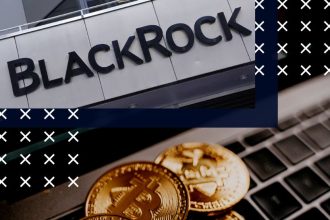The equities market in Qatar is preparing for a FIFA World Cup boom as the country’s stock exchange stands to gain from the approaching mega-event.
Equity market experts claim that Qatar’s stock market has outperformed peers in the lead-up to the mega event, like most previous World Cup host markets, and is expected to continue along similar lines in the year after the tournament, with more than $4 billion in foreign inflows in just the first 10 months of this year alone.
With the exception of outlier Brazil, the average MSCI country stock market index of the host countries of the previous seven World Cups increased by 21.8 percent the year before and by 13.4 percent the following year, as opposed to the average growth of 4.3 percent and 9.5 percent for the MSCI World Index.
Brazil’s MSCI Index was an exception and fell by 34% in the year following the championship game in 2014. According to observers, that decline was caused by domestic economic circumstances, a political crisis, and the high inflation that was in effect at the time.
However, 2022 is proving to be an extraordinary year as stock markets bear the brunt of interest rate hikes by central banks attempting to fight inflation and turning off the supply of easy money that was started during the pandemic. Qatar’s stock market has not been immune to either.
The QSE Index, which measures the 20 largest and most liquid stocks on the Qatar Stock Exchange (QSE), appreciated as much as 24.7 percent from the start of 2022 to April 11, 2022, but then declined to almost flattish territory in late June and was again up by 12.1 percent year to date on September 5, 2022.
While that may not seem like a lot, it still puts the QSE Index as a relative outperformer among most major regional and global markets in the first eight months of this year, as per the latest data available.
“Given that the country is preparing for the World Cup for more than a decade, to focus on a short period of stock performance won’t be a fair reflection,” said Akber Khan, senior director of asset management at Doha-based Al Rayan Investment.
During that period, the broad index of emerging market equity is down more than 20 percent, while the global equity indices are up about 15 to 18 percent, he pointed out.












